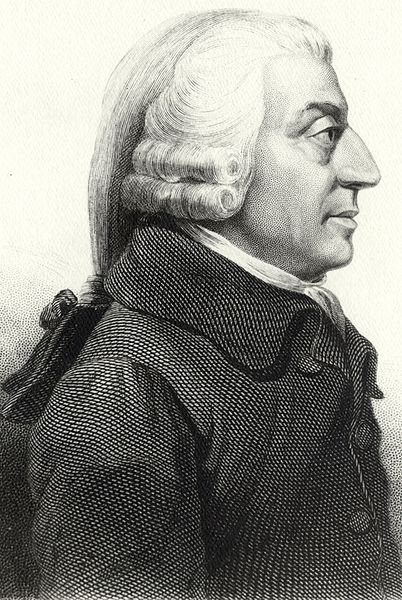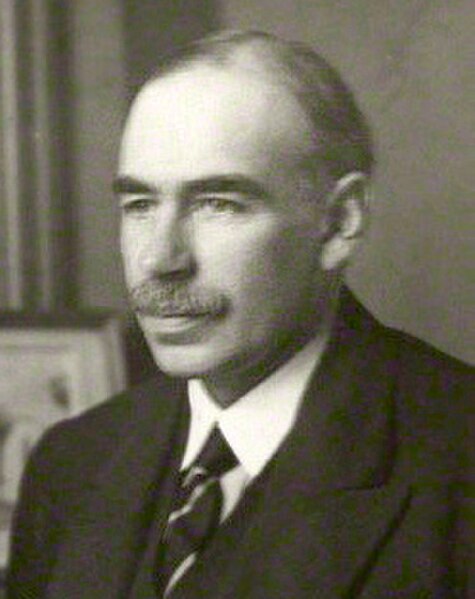Feminist economics is the critical study of economics and economies, with a focus on gender-aware and inclusive economic inquiry and policy analysis. Feminist economic researchers include academics, activists, policy theorists, and practitioners. Much feminist economic research focuses on topics that have been neglected in the field, such as care work, intimate partner violence, or on economic theories which could be improved through better incorporation of gendered effects and interactions, such as between paid and unpaid sectors of economies. Other feminist scholars have engaged in new forms of data collection and measurement such as the Gender Empowerment Measure (GEM), and more gender-aware theories such as the capabilities approach. Feminist economics is oriented towards the goal of "enhancing the well-being of children, women, and men in local, national, and transnational communities."
The first issue of Ms. magazine examined feminist economics in a piece by Jane O'Reilly
Marilyn Waring, author of If Women Counted (1988)
A Colombian domestic worker. Neighborhood friends and family sharing household and childcare responsibilities is an example of non-market activity performed outside of the traditional labor market.
Economics is a social science that studies the production, distribution, and consumption of goods and services.
A 1638 painting of a French seaport during the heyday of mercantilism
The publication of Adam Smith's The Wealth of Nations in 1776 is considered to be the first formalisation of economic thought.
The Marxist critique of political economy comes from the work of German philosopher Karl Marx.
John Maynard Keynes was a key theorist in economics.







